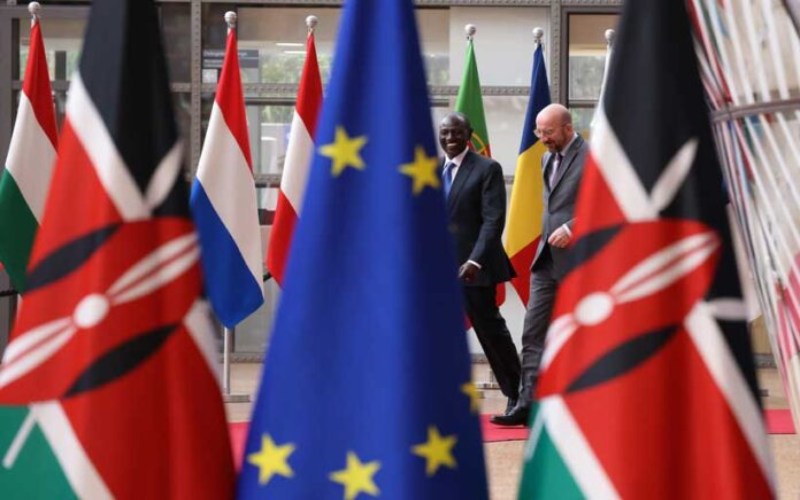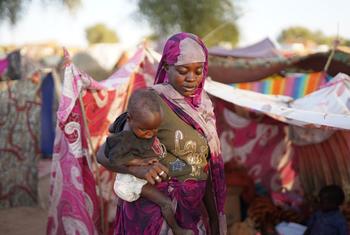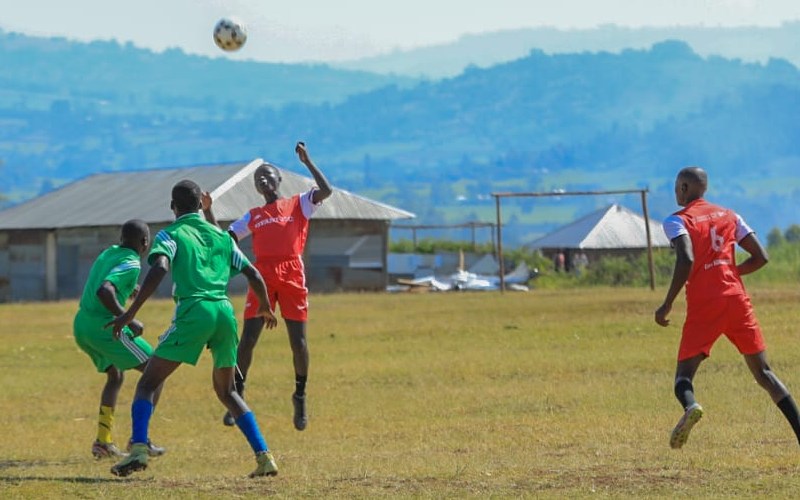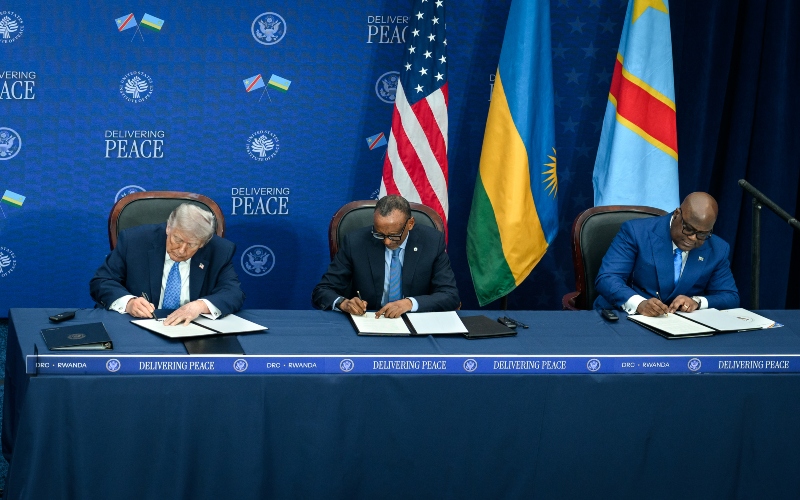Kenyan medical experts seek decriminalisation of attempted suicide

The medical professionals argue that viewing suicide as a criminal offence fails to acknowledge its underlying mental health complexities.
Suicide stands as the fourth leading cause of death among individuals aged 15 to 29 worldwide, presenting a significant public health concern with profound social, emotional, and economic implications.
However, in Kenya, a different narrative unfolds.
More To Read
- Violence is a normal part of life for many young children: Study traces the mental health impacts
- When birth brings heartbreak: Mothers share their stories of children with deformities
- Explainer: As mental health challenges rise, here is what you need to know about antidepressants
- Mental health advocates call for community-based support as economic strain deepens
- How to talk to your kids about mental health
- Doctors Without Borders sounds alarm as mentally ill detained in South Sudan prisons
Section 226 of Kenya's penal code categorises any attempt at self-harm as a misdemeanour, punishable by imprisonment, fines, or both.
This legal approach has sparked concerns, especially among medical professionals, who argue that viewing suicide as a criminal offence fails to acknowledge its underlying mental health complexities.
Dr Julius Ogato, Chief Executive Officer of the Mathari National Teaching and Referral Hospital, sheds light on the issue, emphasising the biological basis of mental illness.
"Initially, people thought that a person contemplating suicide is abnormal, but that is not true. Just as diabetes results from a lack of insulin in the body, mental illness involves an imbalance of chemical transmitters in the brain. There is a biological basis for such thoughts. When someone exhibits these thoughts, they require empathy and much-needed support to access treatment," says Ogato.
Empathy and support
He advocates for empathy and support, stressing the need to reclassify attempted suicide as a mental health concern rather than a criminal act.
Ogato's sentiments are echoed by Dr Robert Pukose, Chair of the National Assembly's Departmental Committee on Health, who highlights the violation of fundamental human rights perpetuated by criminalising suicide.
 Mathari National Teaching and Referral Hospital CEO Julius Ogato and Endebess MP Robert Pukose, chairman of the National Assembly Health Committee, during an inspection tour of the facility in Nairobi on March 4, 2024. (Photo: Justine Ondieki)
Mathari National Teaching and Referral Hospital CEO Julius Ogato and Endebess MP Robert Pukose, chairman of the National Assembly Health Committee, during an inspection tour of the facility in Nairobi on March 4, 2024. (Photo: Justine Ondieki)
"It violates their fundamental human rights and dignity by subjecting them to punitive measures instead of offering support and assistance," Dr Pukose stated.
Speaking on March 4 during a fact-finding mission by the National Assembly Department Committee on Health at Mathari National Referral Hospital that brought different stakeholders together, the committee recommended a need for reevaluation of the law.
The World Health Organisation (WHO) estimates that over 700,000 people die by suicide annually worldwide, with a vast majority occurring in low- and middle-income countries.
Kenya is not exempted from this trend, with a suicide rate of 6.1 deaths per 100,000 individuals, disproportionately affecting men.
The Kenya Mental Health Policy (2015-2030) identifies suicide as the second leading cause of non-communicable deaths after road traffic accidents.
The alarming statistics reveal that at least four Kenyans die by suicide each day, accompanied by a staggering number of attempted suicides, particularly among youth aged 15 to 24.
A 2020 report analysing morbidity and mortality in Kenya underscores this concerning trend, with a significant portion of suicide attempts occurring within this demographic.
Addressing the issue of suicide requires a multifaceted approach that prioritises mental health awareness, access to treatment, and the destigmatisation of seeking help.
Top Stories Today












































